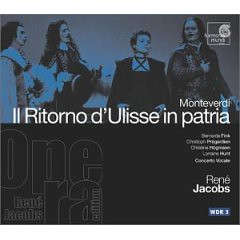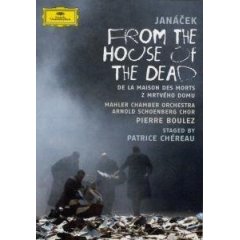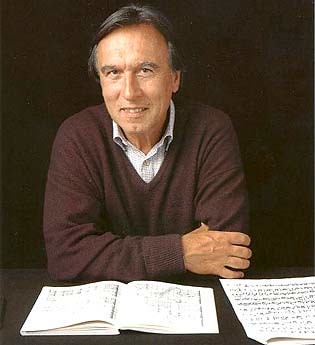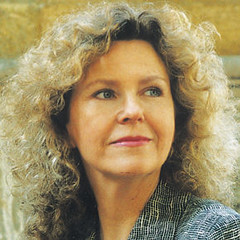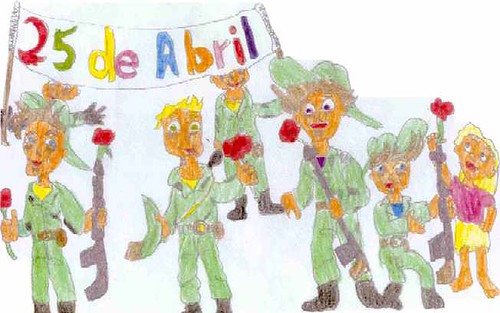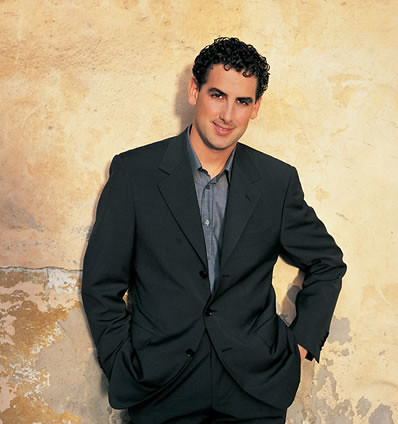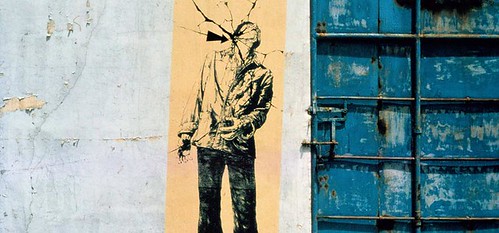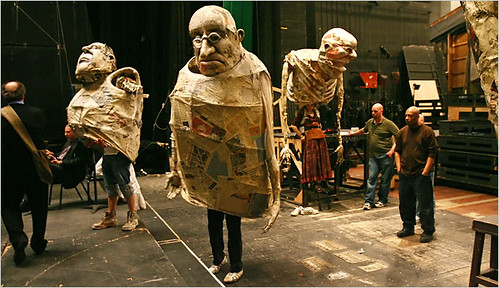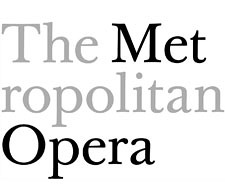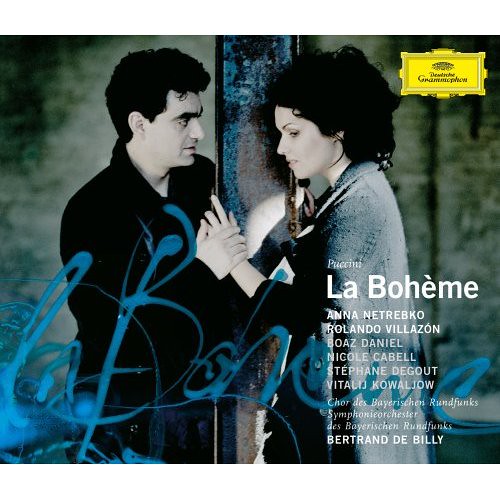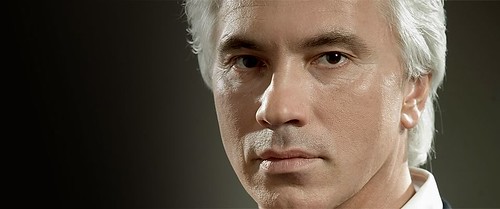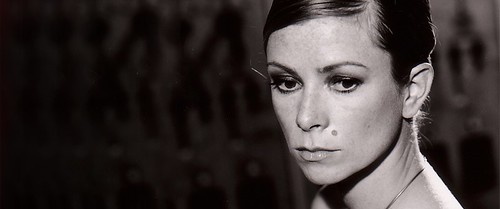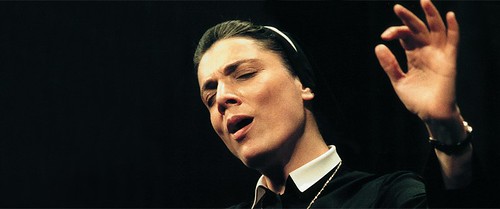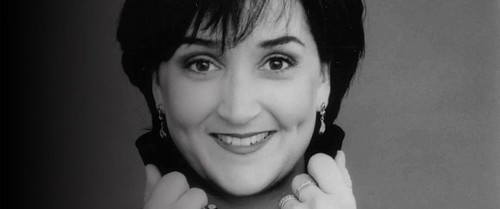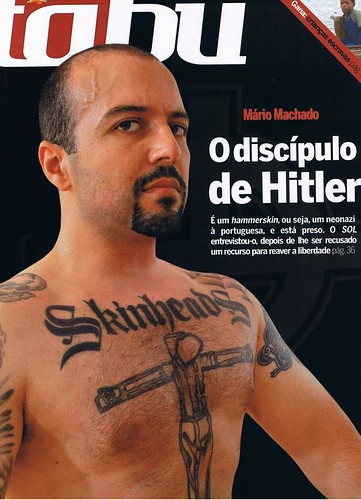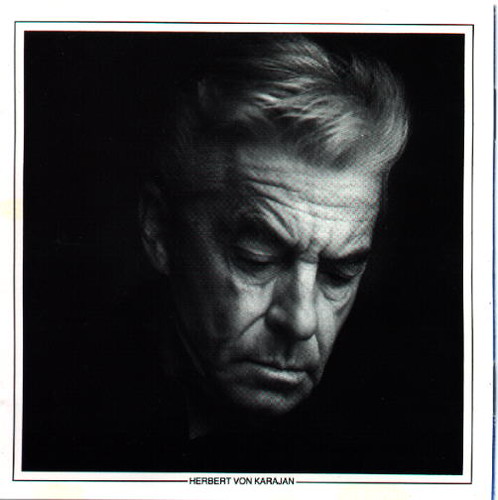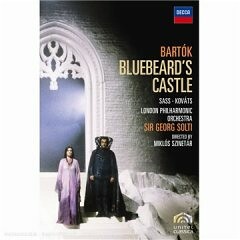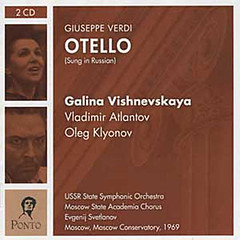
Pessoalmente, Boulez-maestro fascina-me muito mais do que Boulez-compositor.
Serei, porventura, um deslumbrado pela lírica-mainstream, dado que aprecio Wagner?!
Boulez - que prima pela coerência -, raramente vai aquém de Mahler que, para o maestro, representa A génese, tudo o mais sendo negligenciável, à excepção de Wagner, et encore…
Tive a felicidade de assistir à mestria de Pierre Boulez (compositor, sublinho!), em 2001, em Paris, no Théâtre du Chatelet, por ocasião de um inolvidável ciclo Bartók. O maestro e Gil Shaham maravilharam-me, na leitura proposta do mais belo concerto para violino que conheço – o nº 2, do mesmo Bartók. Doravante, para onde quer que vá, este registo acompanha-me. Se algum dos meus cds corre o risco de se esgotar, este será o primeiro, dada a frequência com que o reproduzo!

Já no tocante a Wagner, apesar do sensacional Der Ring que gravou em Bayreuth – sobretudo pela riqueza e dinamismo orquestrais, não tanto pela vozes… (já para não referir a soberba encenação de Chéreau!) - e do heterodoxo Parsifal, os regentes da linha germânica – Böhm, Solti, Von Karajan, Furtwängler e Keilberth - levam a melhor!

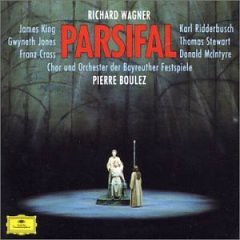
By the way, proponho a leitura integral destas palavras de Pierre Boulez, cujas mais emblemáticas me permto citar:
«His incendiary comments from the 50s and 60s - for instance, that contemporary classical music which does not follow Schoenberg's lead with sufficient rigour is "useless", and that "the most elegant solution for the problem of opera is to blow up the opera houses" - can still cause him problems.
(…)
His obsession with precision has been applauded for ridding Debussy of its habitual "impressionist cloudiness", while his revision of the traditional funereal tempi of Wagner's Parsifal has been seen as a force for undercutting the more offensive intimations of German nationalism.
(…)
The contrast with Messiaen couldn't have been greater. He pushed your imagination and helped you think for yourself. That is what you want from a teacher. I always think the relationship between a teacher and a student should be short and maybe violent. You don't need to spend years together. All you need is an explosion: you are the material to explode, the teacher is the detonator."
(…)
His move into the mainstream repertoire came in 1966 with a production of Parsifal at Bayreuth directed by Wagner's grandson, Wieland. "The summer before, I had been at Darmstadt, so it was a big change. And people found my tempi controversial," he remembers. "But I hadn't set out to be quicker. It was the conjunction of the text and the music that persuaded me what speed to go."»

